Kerby Anderson will host today’s show. After bringing us the latest in the news, he’ll be joined by co-host Liberty McArtor. They will speak with Jude Schwalbach about Learning Pods. Later Kerby will talk to Jonathan Haber about Jonathan’s book, Critical Thinking.
Give us a call at 800-351-1212 or post a question on facebook at www.facebook.com/pointofviewradio.
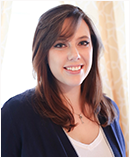
Liberty earned her bachelor's degree in journalism from Patrick Henry College in northern Virginia, during which time spent a year working as a talk radio producer for WMAL in Washington, D.C. Returning to the Lone Star State, Liberty worked as a writer for the religious freedom law firm First Liberty Institute, and then as a staff writer for The Stream.
Today Liberty writes for various non-profit ministries, and regularly contributes to The Stream. She covers topics she’s passionate about — life, family, religious freedom, and living faithfully for Christ. She has spoken about her writings on multiple talk radio shows around the nation.

Previously, Schwalbach was a Heritage intern in the Center for Education Policy and a Fellow at the John Jay Institute. He also spent two years as a classroom high school teacher at a charter school in Phoenix, Arizona.
Schwalbach graduated from Thomas Aquinas College in Santa Paula, California with a B.A. in Philosophy and Theology. Later he earned his Master’s in Politics at the Van Andel Graduate School of Statesmanship in Hillsdale, Michigan.
He presently resides in D.C.
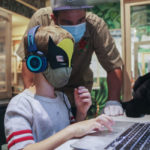
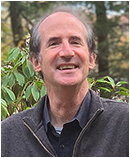
He is the author of four books, including two for the MIT Press Essential Knowledge series on critical thinking and massive open online courses (MOOCs). His writing on education-related topics has appeared in Slate, EdSurge and other publications.
Critical thinking is regularly cited as an essential twenty-first century skill, the key to success in school and work. Given our propensity to believe fake news, draw incorrect conclusions, and make decisions based on emotion rather than reason, it might even be said that critical thinking is vital to the survival of a democratic society. But what, exactly, is critical thinking?
Haber argues that the most important critical thinking issue today is that not enough people are doing enough of it. Fortunately, critical thinking can be taught, practiced, and evaluated. This book offers a guide for teachers, students, and aspiring critical thinkers everywhere, including advice for educational leaders and policy makers on how to make the teaching and learning of critical thinking an educational priority and practical reality.
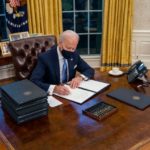



 Listen Online
Listen Online Watch Online
Watch Online Find a Station in Your Area
Find a Station in Your Area


 Watch Now
Watch Now Listen Now
Listen Now 
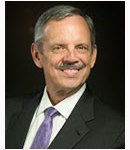








 Listen Now
Listen Now Watch Online
Watch Online
